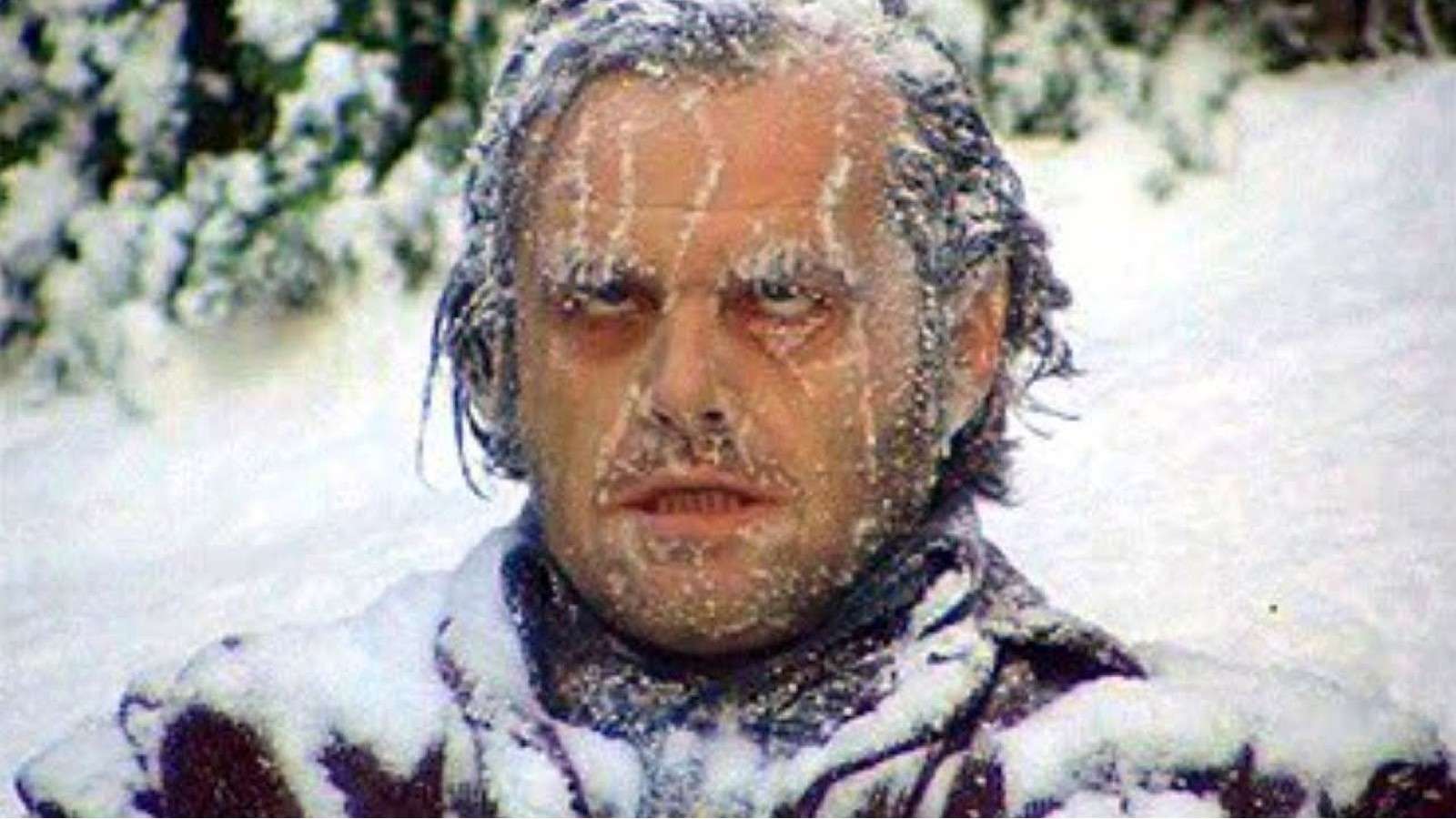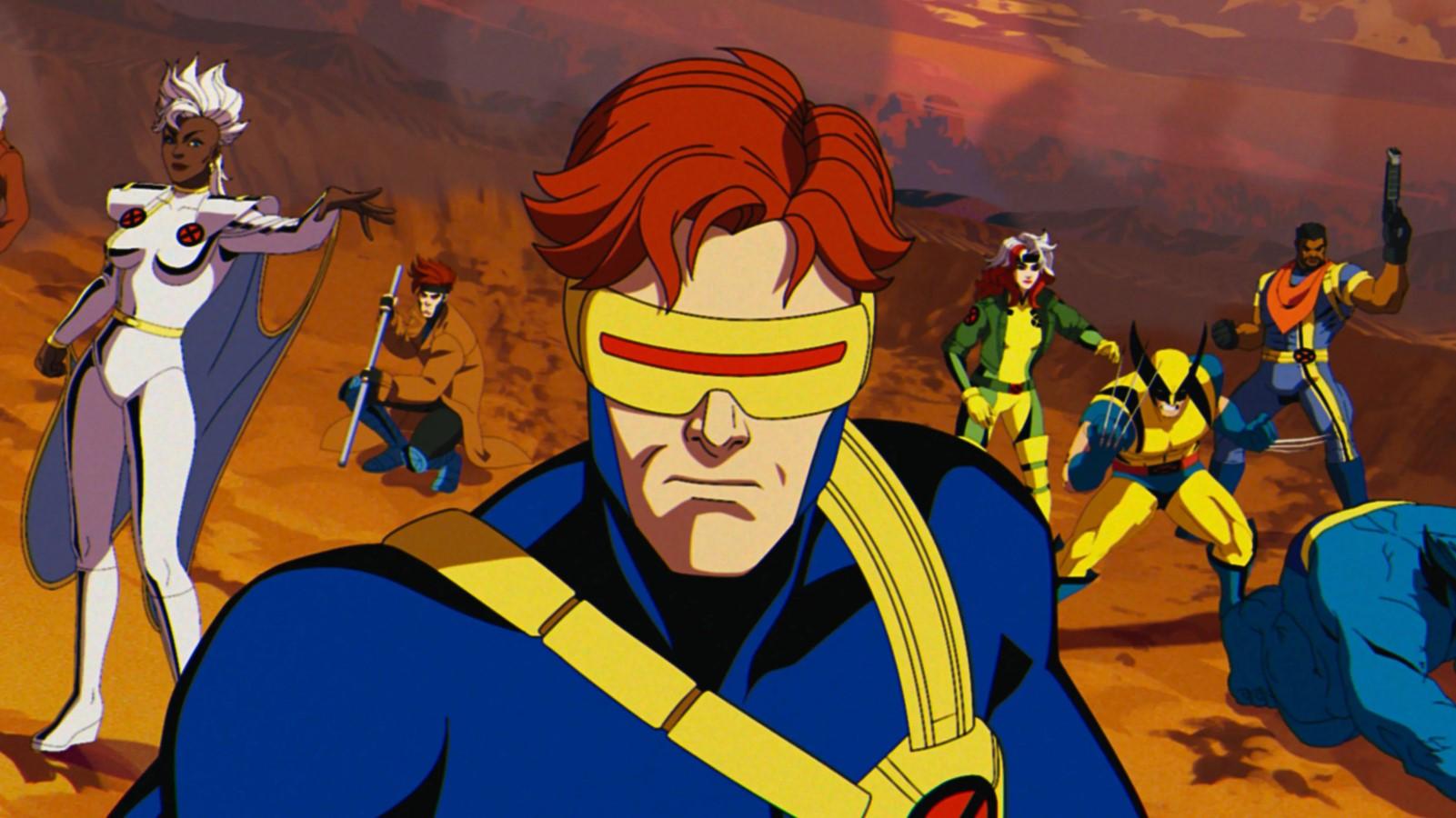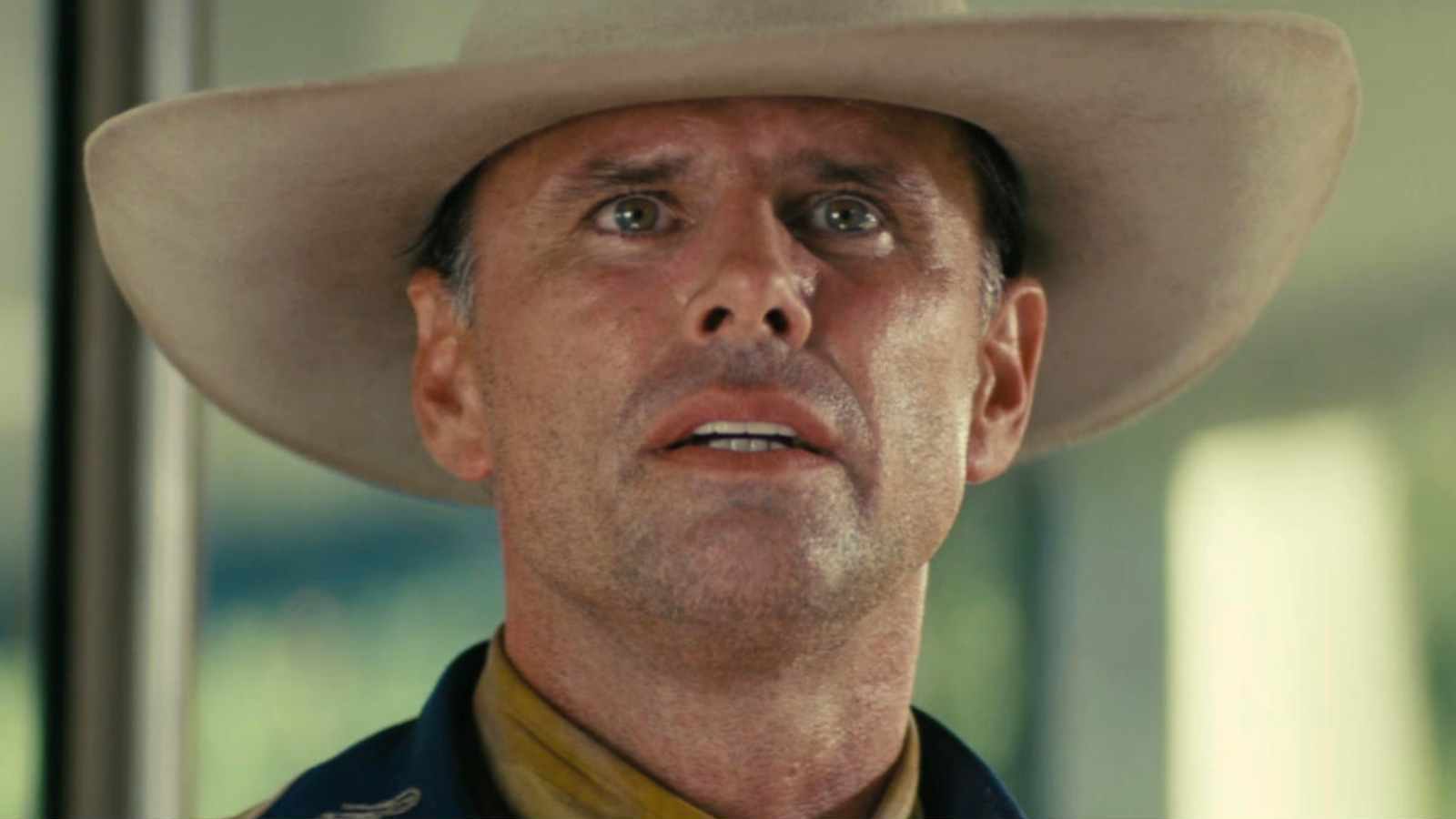Stephen King explains how The Shining nearly ended like 2001: A Space Odyssey
 Warner Bros.
Warner Bros.Stephen King has had much to say about Stanley Kubrick’s adaptation of his novel The Shining. In an interview from before the film’s release, he revealed how the ending was nearly very different, with parallels to 2001: A Space Odyssey.
Stephen King has flip-flopped regarding his feelings towards The Shining movie over the years. There are aspects of Stanley Kubrick’s film that he loves. And parts that he doesn’t, most notably Jack Nicholson seeming mad even before he arrives at the Overlook Hotel.
The film certainly ends in a different way to his book. On the page, Jack Torrance dies when the boiler in the basement blows up. While on screen, he freezes to death in the Overlook maze. Either way, his wife Wendy and son Danny survive.
But while making the movie, Stanley Kubrick was toying with a very different finale; one in which the entire family is killed…
Stephen King explains how The Shining movie nearly ended like 2001: A Space Odyssey
During an interview with Peter S. Perakos of Cinefantastique – conducted while The Shining we being shot – Stephen King describes the back-and-forth he had with Kubrick over changes being made to the climax.
“From the beginning, when I first talked to Kubrick some months ago, he wanted to change the ending. He asked me for my opinion on Halloran becoming possessed, and then finishing the job that Torrance started, killing Danny, Wendy, and lastly himself. Then, the scene would shift to the spring, with a new caretaker and his family arriving.
“However, the audience would see Jack, Wendy, and Danny in an idyllic family scene – as ghosts – sitting together, laughing and talking. And I saw a parallel between this peaceful setting at the end of the picture and the end of 2001 where the astronaut is transported to the Louis XIV bedroom. To me, the two endings seemed to tie together.”
Which is a wild comparison to make, but also a poetic one.
King continues: “The impression I got from our conversation is that Kubrick does not believe in life after death. Yet, he thought that any vein of the supernatural story, whether it is horrifying, or whether it is pleasant, is inherently optimistic because it points towards the possible survival of the spirit.
“I told him that’s all very good as a philosophy, but when an audience is brought face-to-face with the slaughter of characters that they care about, then they will cry for your head once they go out of the theatre. But Kubrick has modified his original ideas extensively, so I don’t expect to see this ending in the final film.”
And King was proved correct, with Kubrick choosing a happier ending for his movie. Or one that’s sadder, depending on your outlook.
For more horror coverage, head here, or check out the below links:
- Top 30 best horror movies of all time
- Best movies to get kids into horror
- Best horror movies on Netflix
- Best horror movies on Hulu
- Best horror movies on Disney Plus
- Best horror movies on Prime Video
- Top 10 found-footage horror movies ever made
- 10 best psychological horror anime of all time
- Top 10 slasher movie villains ranked by survivability
- Top 5 scariest horror movies based on true stories
- The horror movie you should only watch once
- Scariest horror K-drama series & movies
- The “haunted episodes” of Friends will give you nightmares
- The most disturbing movie ever made isn’t a horror film
- The saddest horror movie ever made
- These horror movies are “cursed” in real life



